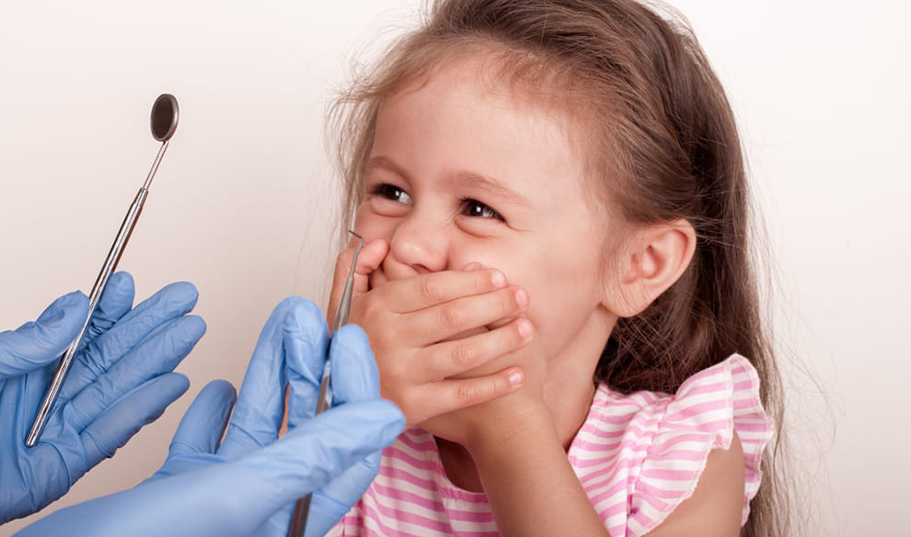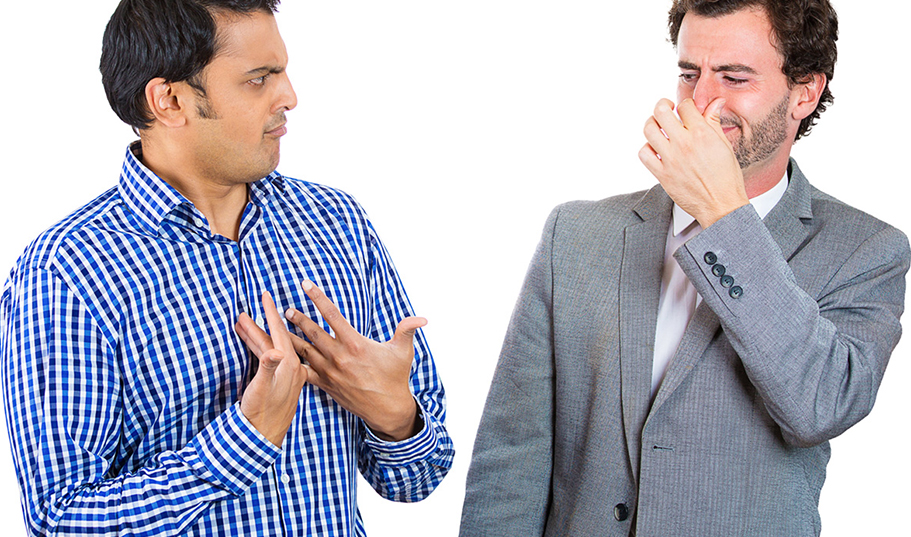
Your Best Dental Experience Here
Blogs
Understanding Dental Anxiety

Article at a Glance
- Dental anxiety affects up to 20% of Americans.
- Dental anxiety can cause a person to put off visits to the dentist and ultimately have a negative effect on their smile.
- There is a difference between dental anxiety and dental phobia. Dental anxiety can present as nervousness or uneasiness while dental phobia is more severe.
Treatment for dental anxiety and dental phobia can range from breaking down communication barriers to mental health intervention.
One of the most important parts of maintaining good oral health is visiting the dentist every six months for a check-up and professional teeth cleaning. For many people, these visits are plagued by pain, stress, and other preoccupations that can have a big impact on the effectiveness of the visit. Dental anxiety is a very real issue, but it doesn’t have to stand in the way of you and the smile you desire.
What is Dental Anxiety?
It’s not unusual to have some anxiety about going to the dentist. Somewhere between 9% and 20% of Americans avoid the dentist because of anxiety and fear. There are varying degrees of dental anxiety and it can be a serious condition that threatens a person’s oral health and well-being. Putting off a trip to the dentist until it’s absolutely necessary can lead to bigger problems and exacerbate the symptoms of dental anxiety. It’s much easier, and less invasive, to treat a small cavity than it is to extract a tooth that’s been left to rot for too long.
Dental Anxiety vs. Dental Phobia
Having anxiety about going to the dentist doesn’t necessarily mean that you’re scared of the dentist. There is a difference between dental anxiety and dental phobia. For those with dental anxiety, symptoms can involve avoidance, general uneasiness leading up to the appointment, and nervousness throughout the appointment. People with dental phobia exhibit much stronger reactions to dental appointments and often go only when forced.
This extreme fear of the dentist is known as dentophobia and may be severe enough to warrant psychiatric intervention. Symptoms of dentophobia include sleep disturbances prior to a dental exam, escalating feelings of nervousness, involuntary physical reactions like crying or vomiting, and even difficulty breathing during exams and treatment.
What Causes Dental Anxiety?
There are many reasons people dread, and even fear, a trip to the dentist. Identifying the source of stress is the first step toward having a better dental appointment. Once you understand why you’re feeling anxious or afraid, you can work to address the problem.
Traumatic past experiences, like a painful encounter or anesthesia that failed to work, can have a lasting impact on people of all ages.
Existing dental pain or sensitivity in teeth can make people wary of a dentist probing around the area.
Uncertainty about treatment plans or misunderstanding what will happen during and after treatment can be difficult for some people.
Fear of being unable to afford the cost of treatments is often cited as a reason people put off going to the dentist.
Fear of needles can be problematic when anesthesia is necessary for dental work. People may also fear the side effects or level of effectiveness of the anesthesia.
For some, being prone in a dentist’s chair can equate to feeling helpless or out of control and trigger anxiety.
Loss of personal space is a part of every dental appointment and it can make people uncomfortable.
Self-consciousness about the state of oral health, like discolored or missing teeth, can lead to anxiety and avoidance of the dentist.
How to Deal with Dental Anxiety
There is no special dentist anxiety medication to manage these symptoms or reactions, but that doesn’t mean you’re stuck with the fears. Once you identify the triggers for your specific situation, you can explore ways to minimize your symptoms. Dental anxiety treatment options range from simple communication with your dentist to psychiatric intervention in the most extreme cases.
- Let your dentist know if you are in pain. Your dentist cannot gauge your pain threshold, so you need to assert yourself if you are uncomfortable.
- If you’re unsure about a part of your treatment plan, then ask questions until you understand and feel comfortable with it.
- Take a trusted person, like a close friend or relative with you to the dentist.
- Try distractions like headphones and your own music.
- Relaxation techniques and meditation can be useful to control your breath and relax. This approach can also give you back some control over your situation if that is a trigger for you.
Consult a psychologist or psychiatrist for additional coping techniques including behavioral and pharmaceutical treatments.
The most important step to take is to talk to your dentist about your concerns. Dentists are trained to work through dental anxiety and help patients feel more comfortable with their treatment plans. Some dentists even specialize in patients with dental anxiety and dental phobia. If your dentist doesn’t respond to your fears or take your anxiety seriously, find another dentist.
Make your dream smile a reality! Call us at: +91 9372030196
Professional Dentists Expert with Modern Technology, We strive to provide the highest quality dental treatment
Contact us



